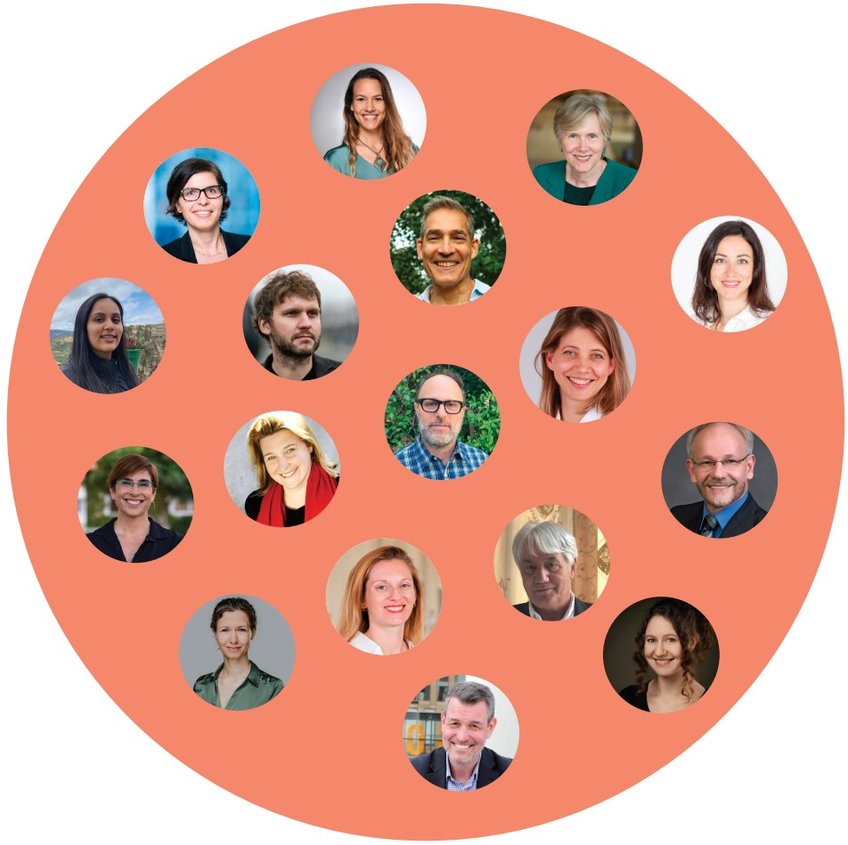Anthony D. Mancini, PhD, is a clinical psychologist who studies loss, trauma, social processes, and stressful life events. He earned his bachelor’s degree in psychology from Hunter College, and masters and doctoral degrees in clinical psychology from Columbia University. He is currently an Associate Professor of Psychology at Pace University. He has published extensively on psychological resilience, individual differences in responses to stress, and the role of social processes in adaptation. His work has examined events as varied as the Virginia Tech campus shootings, the 9/11 terrorist attacks, military deployment, traumatic injury, bereavement, having a child, and the COVID-19 pandemic. His theoretical work argues that acute adversity can directly improve, in some cases, psychological functioning, which he describes as “psychosocial gains from adversity.” He is currently Principal Investigator on a 4-year National Institutes of Health grant to study the economic and social consequences of COVID-19 for mental health. He also serves as the Chief Editor of Anxiety, Stress & Coping, a Taylor & Francis journal. His work has also been featured in the New York Times, Los Angeles Times, the Desert News, the Mercury News, and other outlets. He has published over 60 journal articles and book chapters.


